BBOT expresses concern over proposed changes to federal trademark act

The Burnaby Board of Trade has joined with the Canadian Chamber of Commerce (representing over 450 local Chambers and Boards) to voice concern with proposed changes to the federal Trademarks Act.
Letter:
May 27, 2014
The Honourable Joe Oliver, M.P.
Minister of Finance
Department of Finance Canada
140 O’Connor Street
Ottawa, Ontario
K1A 0G5
Re: 2014 Budget Implementation Bill C-31, Trademarks Act
Dear Minister Oliver,
I am writing on behalf of the Burnaby Board of Trade, the leading business association in Burnaby, British Columbia, representing 1100 businesses, entrepreneurs and organizations, to express concern with proposed legislation involving trademarks in Canada.
Trademarks are among the most important assets of any business, symbolizing valuable goodwill. The economy benefits from the adoption and launch of improved and innovative products, which are usually associated with new trademarks. It is therefore important to businesses to be able to clear new marks with the least cost, risk, and delay. Consumers also need the certainty that comes from distinctive marks that represent products and services actually sold. By permitting registration of trademarks without use, anywhere, but putting no limits on the rights of such registrants, the proposed legislation threatens to impede the launch of new products and services, upset the balance between businesses who choose to immediately register their marks and those who don’t, and confuse consumers.
At every stage of the selection, use, registration and enforcement of trademarks, the proposed legislation will significantly increase the costs and risks to business, and is likely to add significant uncertainty and delay in launching new goods and services.
The current legislation restricts registration unless the mark is used in Canada or registered and used abroad, and only permits registration for goods and services actually in use. The registrant has the onus of making a truthful claim to use. With use no longer required for registration, as proposed, it is most certain that many trademarks will be filed and registered without use anywhere, and for long lists of goods and services that might never be sold. In fact, the transition provisions in Bill C-31 will likely result in tens of thousands of new trademark registrations, for enormous lists of goods and services, almost overnight. At the same time, the proposals include no limits on the rights of registrants – these overbroad registrations will block new applications, and could be used to both oppose new applications, and threaten infringement. The situation is akin to the early days of domain names, with the same potential for pirates and profiteering, as has already been shown to occur in other jurisdictions such as China. It will particularly prejudice small and medium businesses that have not yet had the chance to devote valuable startup resources to trademark protection.
The Trademarks Register is the main initial resource to determine the availability of new marks – businesses need to check for confusing applications and registered marks, keeping in mind their particular goods and services. It is easy to predict the ways business costs will increase under the proposed legislation. Since the register is no longer representative of marks in use, more marketplace investigations will be required. Even if evidence of use is not readily found, that won’t necessarily mean that marks are not valid, adding risk and uncertainty for businesses. Trying to accurately measure risks will add delay and costs.
The proposed legislation puts the onus on third parties to either oppose or cancel overreaching registrations. It also presents a risk that registrants will oppose new applications, despite little, if any use. Oppositions cost thousands of dollars, and normally take years to resolve. CIPO itself has admitted that the number of oppositions will increase. At present, only about 2% of all applications filed annually in Canada are opposed, a statistic that shows that the current use requirements tend to discourage over-claiming, and therefore reduces the burden on existing trademark owners to oppose. By contrast, under the European Community Trade Mark system, where registrations are granted without prior use, the opposition rate is 18%. In addition to expense, oppositions divert management time better spent on more productive activities.
The option of cancelling overreaching registrations is only available following the third anniversary of a registration. Again, costs are high, and the proceeding takes over a year. This will clearly not be useful in an economic environment where decisions need to be made quickly.
We therefore ask that the trademark provisions of Bill C-31 be removed from the bill pending further study.
We propose that a committee should be formed to study the modernization of the Trademarks Act, made up of representatives of government, business, law associations, and expert practitioners. Only with true collaboration, which regrettably has not occurred to date, can such important legislation be crafted to suit the needs of Canadian businesses both now and into the future.
Sincerely,
Paul Holden
President & CEO
Burnaby Board of Trade
CC: Hon. James Moore, MP; Hon. Peter Mackay, MP; Scott Brison, MP; Nathan Cullen, MP; James Rajotte, MP; Mark Adler, MP; Mike Allen, MP; Guy Caron, MP; Gerald Keddy, MP; Murray Rankin, MP; Andrew Saxton, MP; Dave Vankesteren, MP; Hon. Michelle Rempel, MP; Mike Sullivan, MP; Joyce Murray, MP; Elizabeth May, MP; Craig Scott, MP; Francoise Boivin, MP; Sean Casey, MP; Hon. Tony Clement, MP; Right Hon. Stephen Harper, MP;




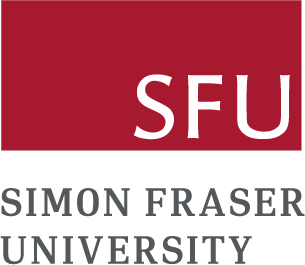
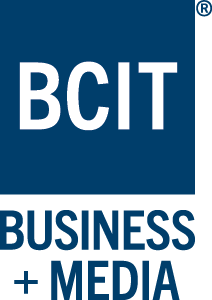


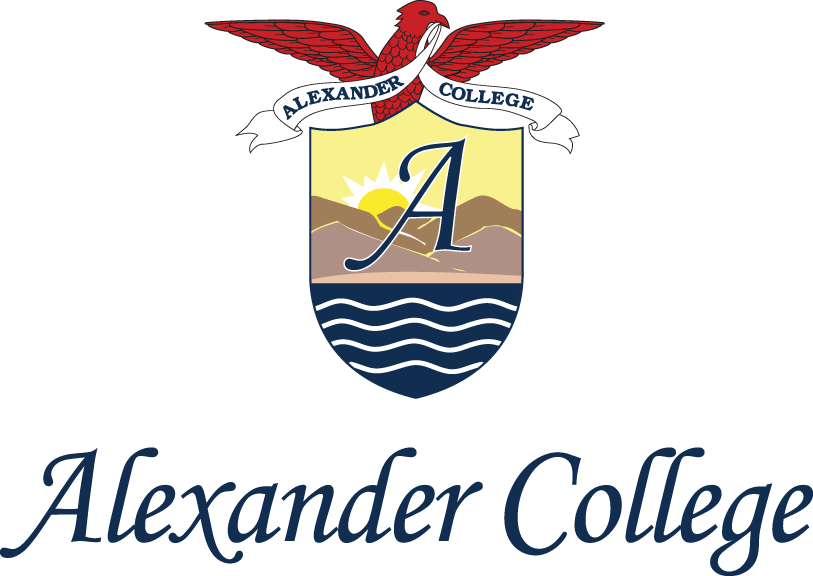




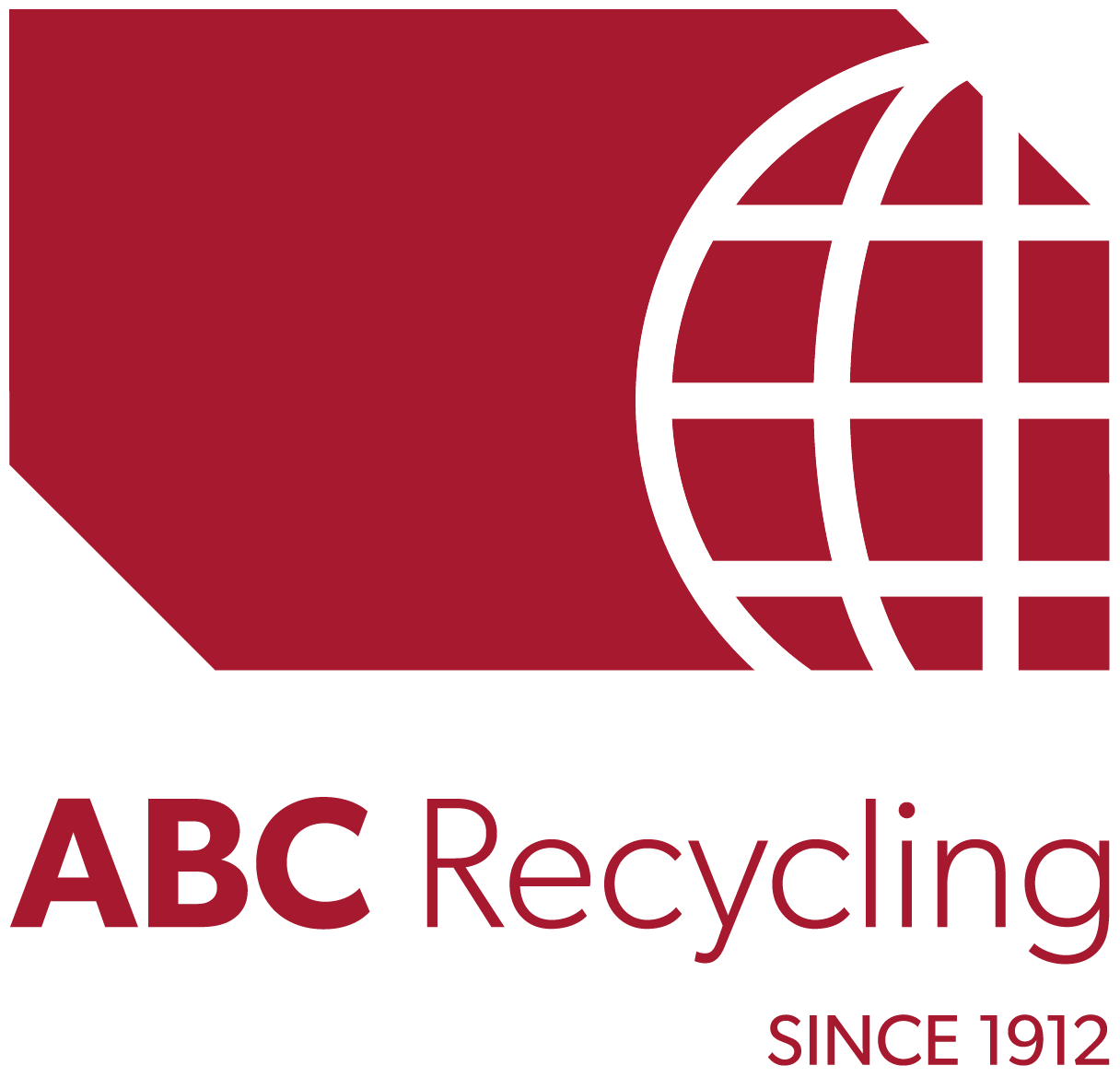
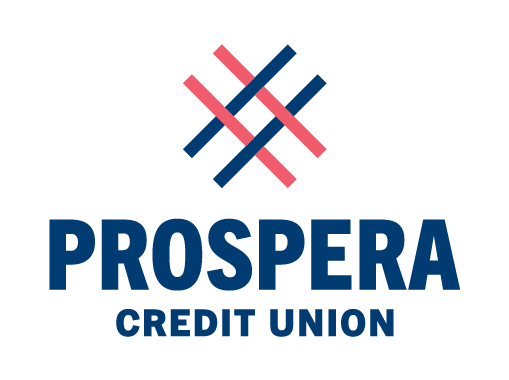
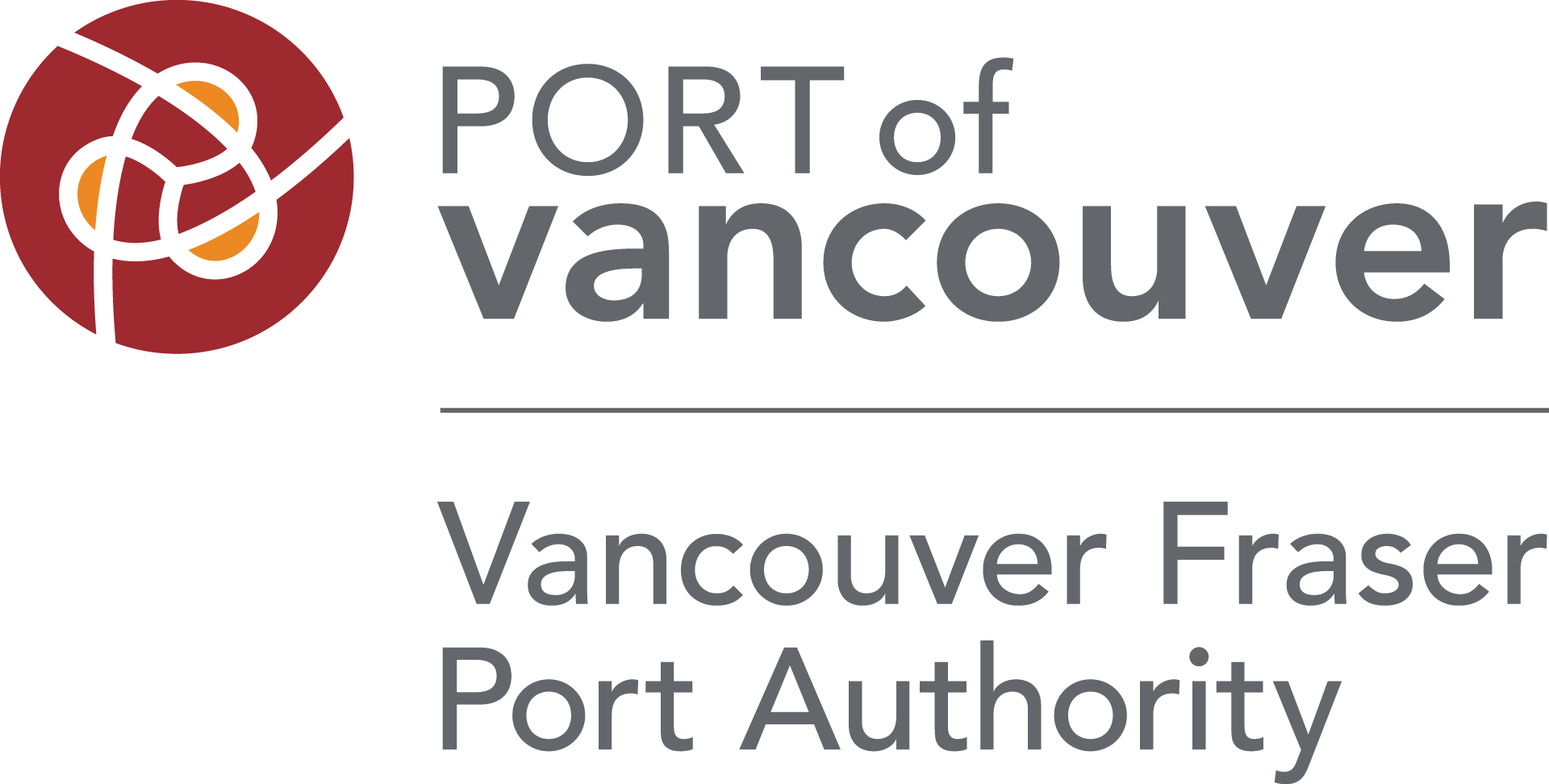
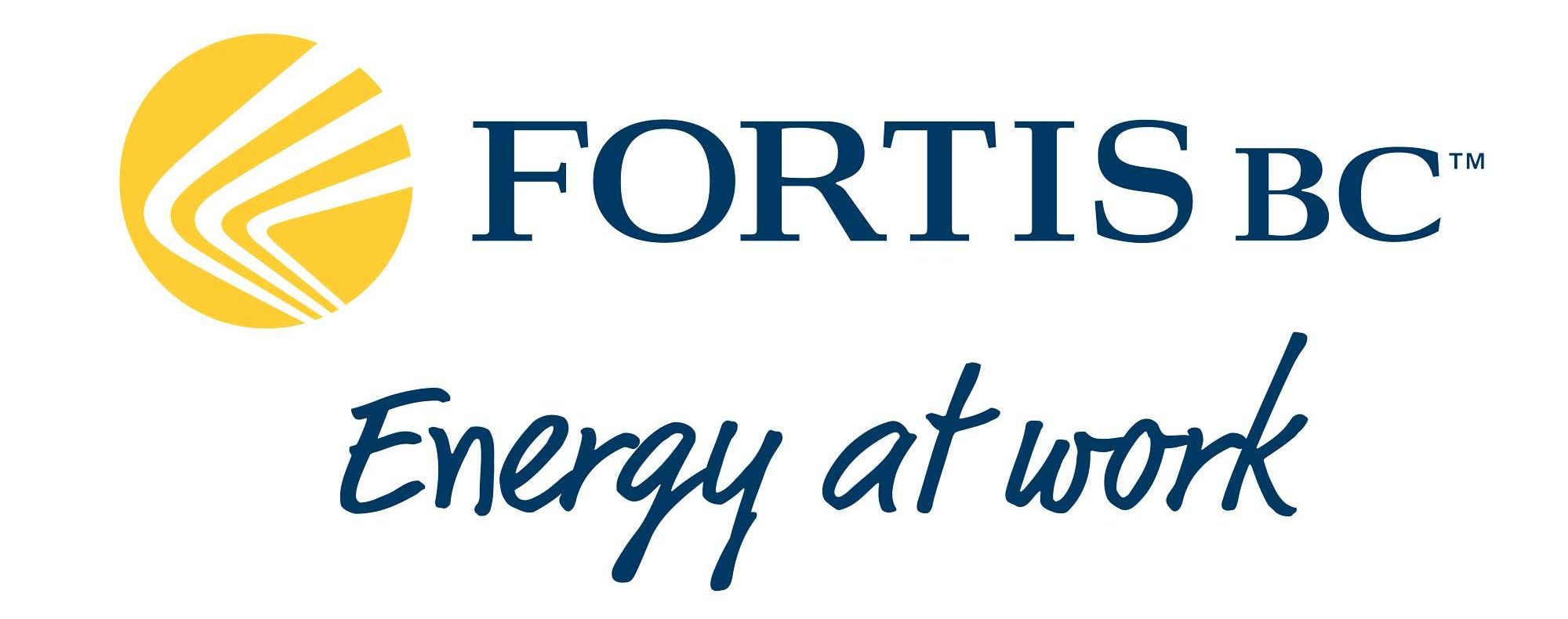
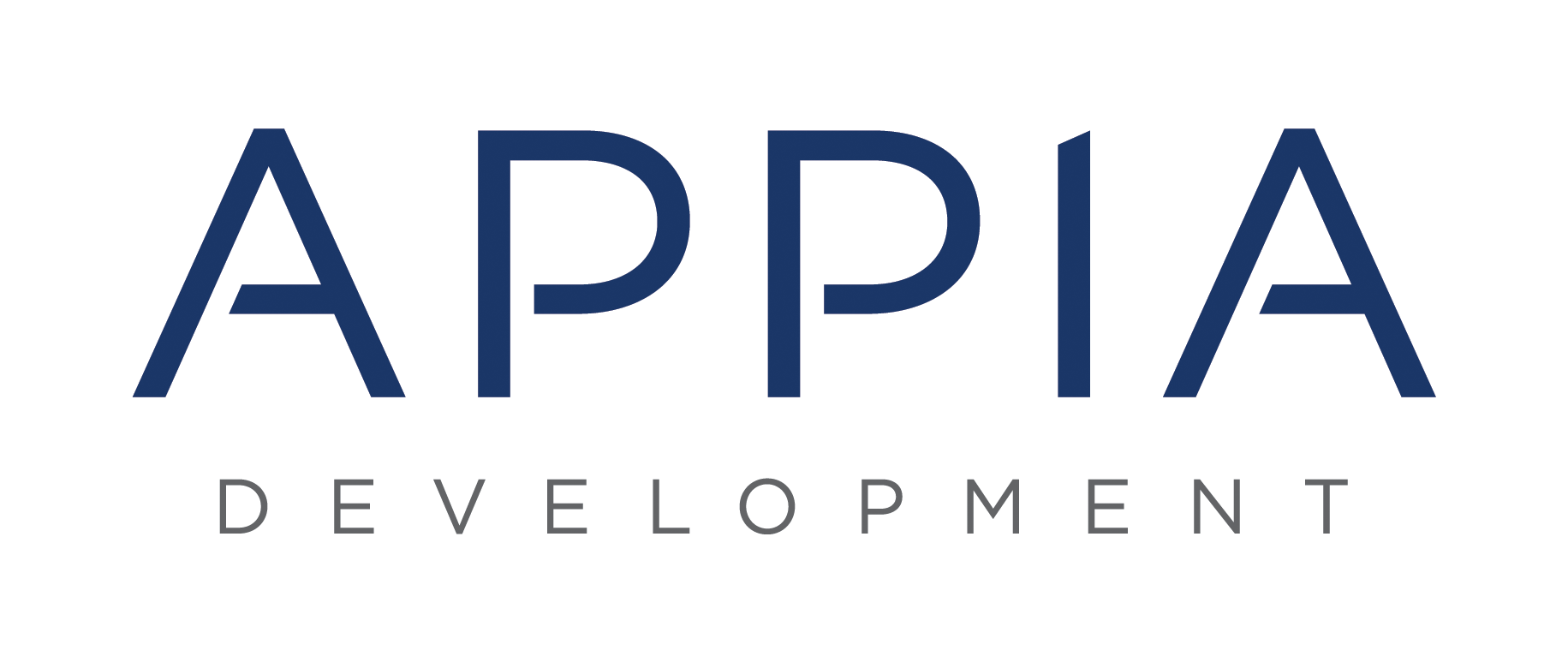
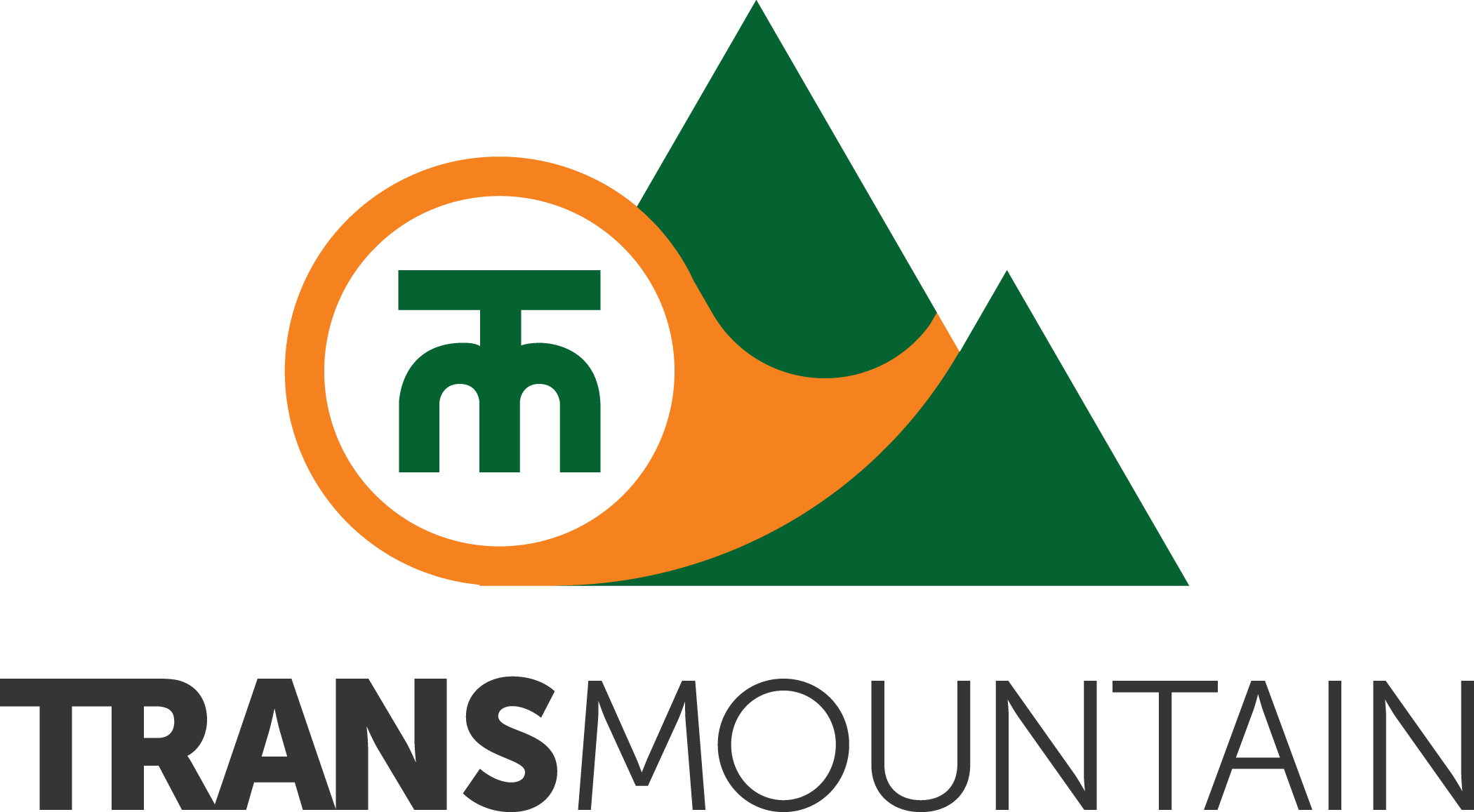


connect with us